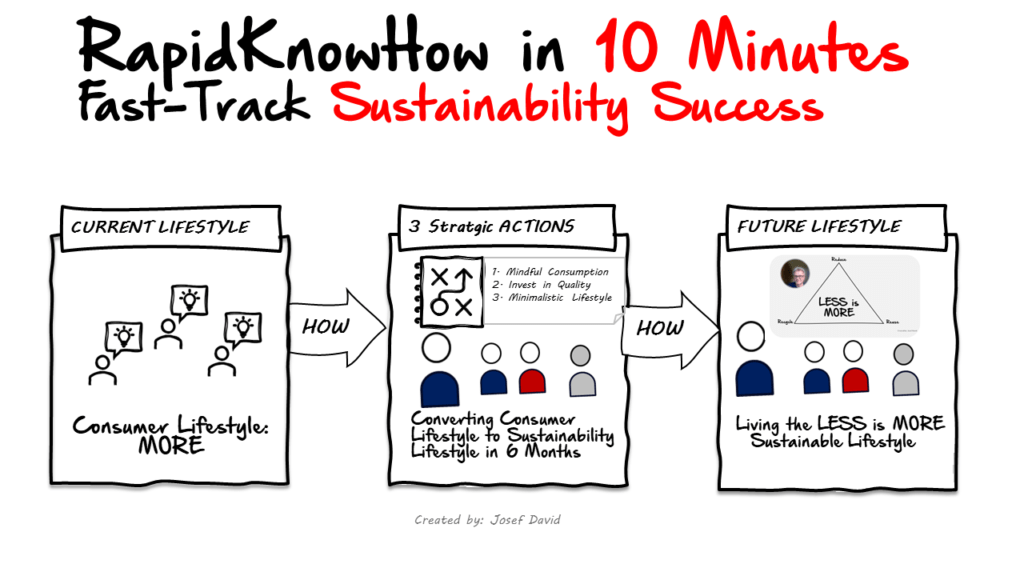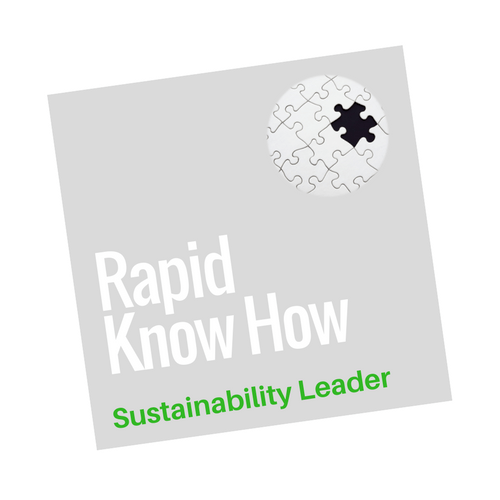The question at hand is a pertinent one, especially in the current global scenario where sustainability is not just a buzzword but a necessity. The transition from a consumer lifestyle to a more sustainable one is not just about changing habits, but also about changing mindsets. It’s about understanding that less can indeed be more.
Let’s first take a look at the current situation. We live in an era of consumerism where the mantra seems to be ‘more income, more goods, more waste’. The cycle is relentless and self-perpetuating. As our income increases, so does our consumption of goods. This, in turn, leads to an increase in waste generation. It’s a vicious cycle that has far-reaching implications for our environment and our future.
Fast forward to December 2024, and let’s imagine a different scenario. One where we have the same income but consume less goods. This would naturally lead to less waste generation.
But how does this translate into more cash flow?
The answer lies in mindful consumption. By buying only what we need and reducing unnecessary expenditure, we can save more money. This not only benefits us financially but also contributes to environmental conservation.

So how do we make this transition?
Here are three actions that can help us move from the ‘more’ to the ‘less is more’ lifestyle by 2024:
1. **Mindful Consumption**:
The first step towards sustainable living is mindful consumption. This means being aware of what we buy and why we buy it.
Do we really need it or is it just an impulsive purchase?
Can we do without it or find a sustainable alternative?
By asking ourselves these questions before making a purchase, we can significantly reduce our consumption of goods and consequently, our waste generation.
2. **Invest in Quality**: Often, we end up buying more because the goods we purchase are not durable or do not meet our needs effectively.
Investing in high-quality, durable goods might seem expensive in the short term but it saves money in the long run.
It also reduces waste as we don’t need to replace these goods frequently.
3. **Adopt a Minimalist Lifestyle**: Minimalism is not about depriving ourselves but about finding contentment in less. It’s about decluttering our lives and focusing on what truly matters. By adopting a minimalist lifestyle, we can reduce our consumption, increase our savings, and lead a more fulfilling and sustainable life.
In conclusion, the transition from a consumer lifestyle to a sustainable one is not just desirable but achievable. It requires conscious effort and commitment but the rewards are well worth it. Not only does it lead to financial benefits but also contributes to a healthier planet. So let’s embrace the ‘LESS is MORE’ philosophy and pave the way for a sustainable future in 2024 and beyond.





